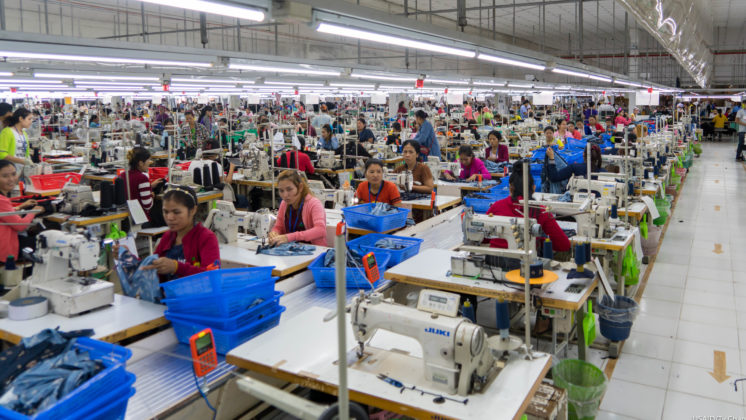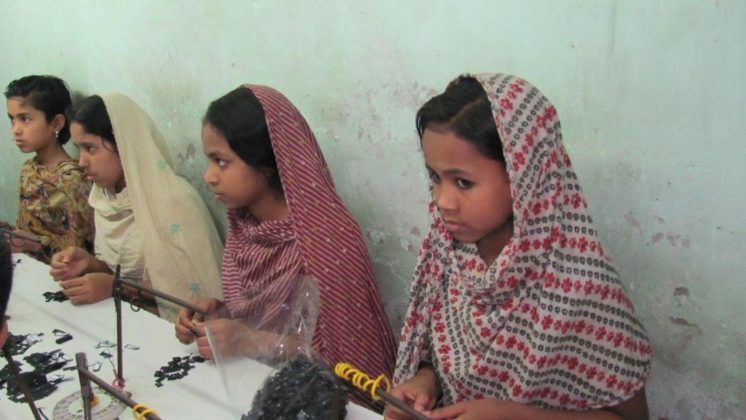EU rules on sustainability due diligence risk “diluting and compromising” OECD Guidelines on Responsible Business Conduct, warns Dutch NCP
The EU Corporate Sustainability Due Diligence Directive (CSDDD) may “result in a dilution of the OECD Guidelines” and may “compromise the integrity” of the international framework for responsible business conduct, warns the Dutch National Contact…






